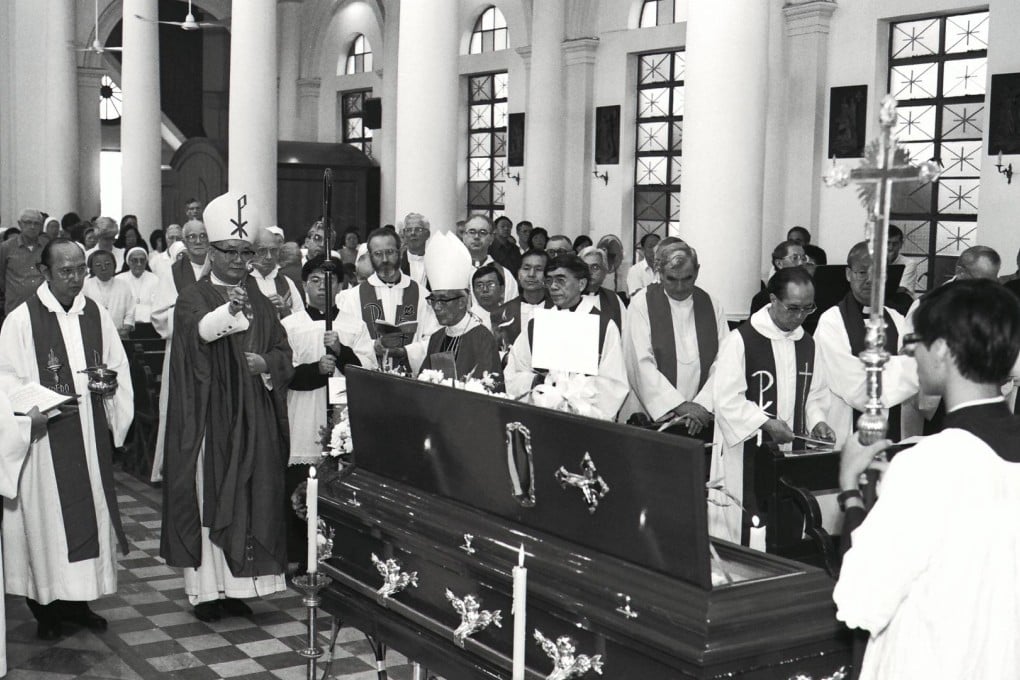The Hong Kong priest who was the ultimate China watcher
Father Laszlo Ladany's training in the Catholic Jesuit order gave him a keen eye for shifts in internal politics, underscoring the parallels between party and church, writes Jason Wordie

China’s rise in recent decades has made it more imperative than ever to understand how top-level decisions are made in Beijing, why certain policies evolve and which personalities are in positions of power and influence – or not.
In societies with more open decision-making processes, foreign policy analysis is relatively straightforward. But how can outsiders gain clarity about China’s actions and possible intentions when the government structure is – in effect – a Russian doll-like series of quasi-secret societies, embedded within the traditional culture that invented Chinese whispers? And as communist parties across the globe have always played “smoke and mirrors” with consummate skill, obtaining reliable information remains profoundly hard.
While understanding the politics and personalities of the Communist Party of China has only become more important with the passage of time, the processes involved remain as complex as they were half a century ago.
In this regard, China watchers, as outside specialists from various disciplines are now known, fill a useful – and occasionally vital – role as observers and commentators.
Historically, Hong Kong has provided a convenient, mostly safe perch for their surveillances.

He came down to Hong Kong in mid-1949 and remained in the colony until his death from cancer, in 1990. A talented linguist, Ladany was fictionalised (as Father Low) by Han Suyin in her semi-autobiographical novel A Many-Splendoured Thing.